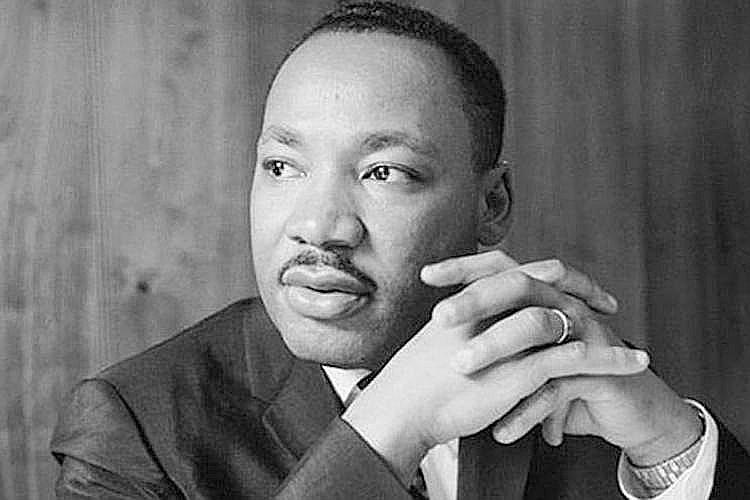Members of the Fulton Branch NAACP will host their annual Dr. Martin Luther King Jr. /Black History Celebration at 3 p.m. Feb. 18.
This Sunday celebration, themed "Focused And Committed To Social Justice," will take place at the Guiding Light Missionary Baptist Church Activity Center, 1023 Westminster Ave., Fulton.
"We're in the planning stages right now," said Anna Braxton, president of the local NAACP chapter. "Every year, we celebrate Dr. Martin Luther King Jr. and Black History Month combined. We want to recognize both are milestones in our lives."
This annual celebration started 25-30 years ago by the Rev. Jack McBride, who is Braxton's father, she said.
"It was one of his dreams to recognize the people who helped us along the way," she added.
The public is invited to join as African-American history is celebrated through voice and musical presentations. Rev. Charles Jackson will be the host pastor.
There will be singing and speakers present.
"We always try to get the youth involved," Braxton added.
The chapter also has a special symbolic flag that will be used ceremoniously.
"It has five colors that each symbolize different things," she said. "It represents Dr. King's beliefs."
Martin Luther King Jr. was born Jan. 15, 1929, and died April 4, 1968. He was a Baptist minister,activist, and a visible spokesperson and leader in the American civil rights movement from 1954-68.
King led the 1955 Montgomery bus boycott and helped found the Southern Christian Leadership Conference in 1957, serving as its first president. King helped organize the 1963 March on Washington, where he delivered his famous "I Have a Dream" speech.
On Oct. 14, 1964, King received the Nobel Peace Prize for combating racial inequality through nonviolent resistance. In 1965, he helped organize the Selma to Montgomery marches, and the following year, he and the SCLC took the movement north to Chicago to work on segregated housing. In the final years of his life, he expanded his focus to include opposition toward poverty and the Vietnam War.
In 1968, King was assassinated by James Earl Ray in Memphis, Tennessee. Ray, who fled the country, was arrested two months later at London Heathrow Airport. Ray was sentenced to 99 years in prison for King's murder and died in 1998 from hepatitis while serving his sentence.
King was posthumously awarded the Presidential Medal of Freedom and the Congressional Gold Medal. Martin Luther King Jr. Day was established as a holiday in numerous cities and states beginning in 1971, and as a U.S. federal holiday in 1986. The Martin Luther King Jr. Memorial on the National Mall in Washington, D.C., was dedicated in 2011.
First recognized by President Gerald Ford in 1976, Black History Month has been an annual celebration in the U.S. of achievements by African Americans and a time for recognizing the central role of black people in U.S. history. The event grew out of "Negro History Week," the brainchild of noted historian Carter G. Woodson and other prominent African Americans that was created in 1926. This week was chosen because it coincided with the birthday of Abraham Lincoln on Feb. 12 and of Frederick Douglass on Feb. 14.
Black History Month was first celebrated in the United Kingdom in 1987 and in Canada in 1995.

